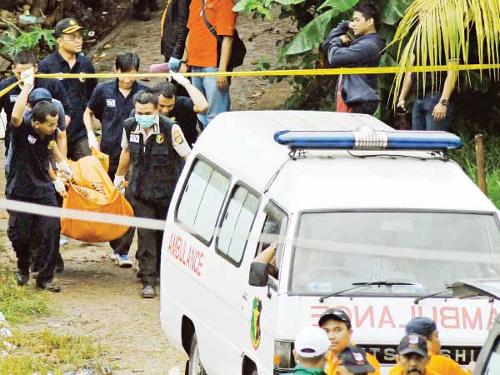
JAKARTA (Rian News Service / Khabar South East Asia / Pacific Media Watch): The Press Council of Indonesia has entered into a three-year written agreement with a government agency in which it commits to developing government approved guidelines on how the media should cover "terrorism".
The announcement came this week that Indonesia’s National Counterterrorism Agency (BNPT) and the country’s Press Council had signed a memorandum of understanding "aimed at combating terrorism more efficiently".
The BNPT was set up in 2010 and answers only to the Indonesian president. At that time, human rights activists "voiced concern that the new anti-terrorism agency wields too much power and is reminiscent of the kind of state authority that the New Order regime used to quash government critics", the Jakarta Post reported then.
This week, media reports were light on the details of what exactly Indonesian journalists are bound to under the new memorandum of understanding.
However, they pointed out that the BNPT has a problem with media who cover "anti-terror raids" live.
In the past, Indonesian security forces have been criticised in the media for killing suspected "terrorists" in these raids, instead of arresting them and affording them the opportunity to appear before the courts.
"Shooting citizens dead, who are suspected terrorists without the court processes, will only make terrorists seek revenge,” Dai Bachtiar, former national police chief told Republika newspaper, commenting on one of the raids in January.
Joint workshops
The written agreement will see joint workshops being held and eventually, the publication of government approved guidelines for how the media should cover 'terrorism'. It is not known if the Press Council has agreed to stop journalists from doing live coverage of the raids.
Another concern was raised by the Alliance of Independent Journalists (AJI) chairman Eko Maryadi, who told the Khabar South East Asia news website that the agreement "should not be used to direct the press to give disproportionate coverage to the police or its special counterterrorism squad".
However, Press Council board member Nezar Patria told the news website that the council and the BNPT had "found a common ground".
"We came up with an idea to organise a workshop during which BNPT will provide insight into what they have done so far while the press will give them perspective on how we work in covering terrorism issues," said Patria.
This work is licensed under a Creative Commons Attribution-NonCommercial 3.0 New Zealand Licence.




